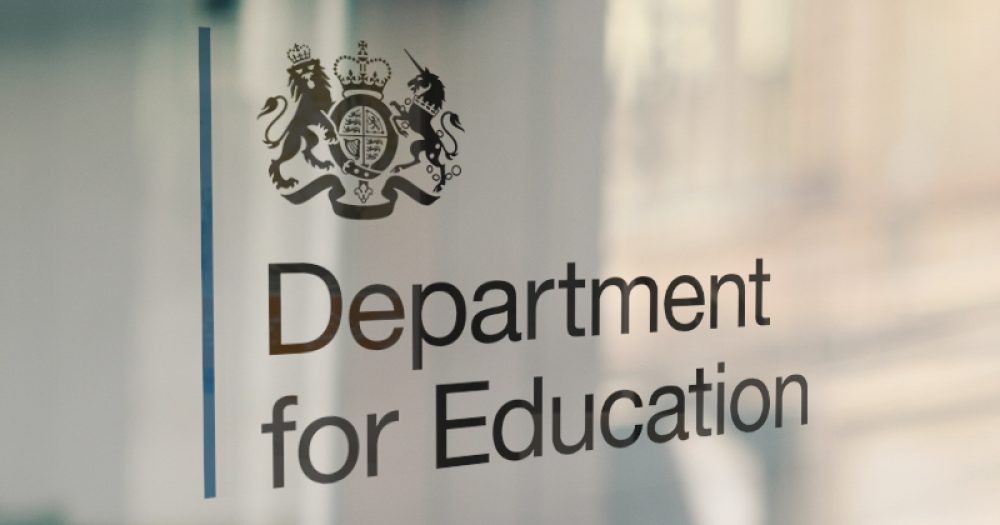The government has been affected by pre-election rules preventing civil servants from talking to the press for more than 25 weeks in just over two years, Schools Week analysis shows.
The so-called purdah period which covered this year’s general election campaign is now over, lifting restrictions on government press releases and the signing of school funding agreements.
Schools Week reported in April that the purdah period risked putting the brakes on the government’s free schools policy, and had a number of institutions due to open this September in limbo for several weeks.
The restrictions are put in place in the run-up to elections and referendums, and are meant to ensure that the actions of civil servants cannot influence the outcome of any vote.
It is the fourth time since March 2015 that purdah has been applied.
Purdah was in place at both the 2015 and 2017 general elections, as well as during the mayoral and local elections in 2016 and 2017, and at the EU referendum vote last year – leaving the civil service’s hands tied for more than 25 weeks in just over two years.
This year, the purdah period lasted for 11 weeks because it factored in the local and regional elections in early May and the general election on June 8.
In 2016, there was a gap of just 21 days between the end of the purdah period ahead of the mayoral and local elections in May and the beginning of purdah for the referendum.
Several key pieces of information have already been released by the Department for Education since purdah was lifted, including data on primary and secondary school applications and offers.








It’s longer than that because there was a mini purdah during the Rochester by-election in 2014. Normally central government doesn’t shut durng a by-election but there was something brewing with a MAT in the constituency so the shutters partially came down.